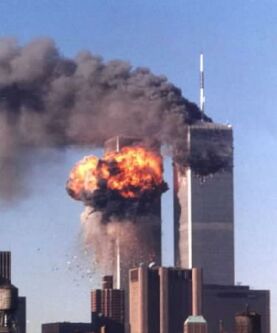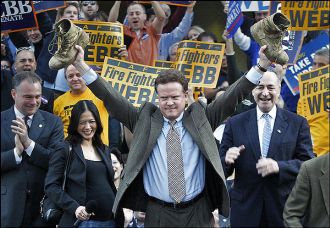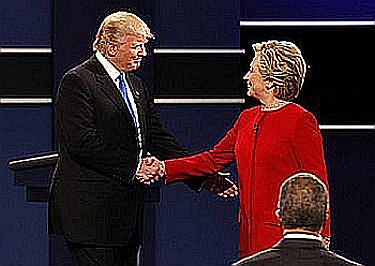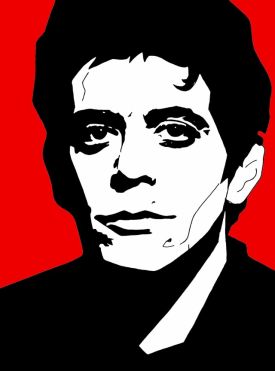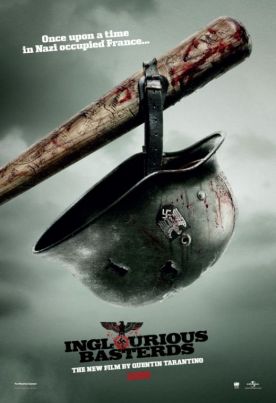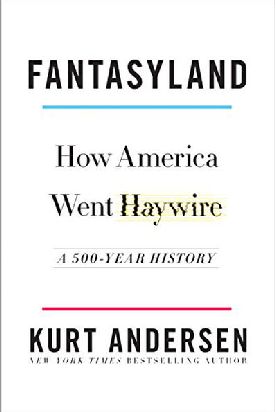Towers of Intellect
From The Wall Street JournalEarlier this week, The Wall Street Journal, on its front page, told the sad story of Jennie Traschen, professor of physics at the University of Massachusetts, who had the bad luck at an Amherst town meeting on Sept. 10 to have called the American flag “a symbol of terrorism and death and fear and destruction and oppression.”
Her words were circulated on the Internet just as real terrorism and death put them in an unwelcome perspective. Suddenly she started getting irate phone calls and e-mails, some of them threatening or obscene. “There’s been a level of repercussion that was totally unanticipated,” she said.
Well, maybe it’s time that she did a bit more anticipating. The same goes for the professor at the University of New Mexico who said that “anyone who can blow up the Pentagon gets my vote.” Later he called this claim “the worst attempt at an incredibly stupid joke,” and I’m sure he is right. The language of politics in the rarefied world of American higher education had not prepared either professor for a reality like the terror attacks on the World Trade Center and the Pentagon. Oh! So that’s what “terrorism” means!
They were caught unawares, with their assumptions showing. But others in the academy spoke deliberately after Sept. 11 of the provocations given to the terrorists by America. Prof. Robert Jensen of the University of Texas wrote that the suicide mission “was no more despicable than the massive acts of terrorism . . . that the U.S. government has committed during my lifetime.” Prof. Barbara Foley of Rutgers University wrote of the terror attack that “whatever its proximate cause, its ultimate cause is the fascism of U.S. foreign policy over the past many decades.”
For those unaccustomed to the jargon of the professoriate and unable to recollect the mass rallies of American black-shirts, I should mention that the word “fascist” in the preceding phrase is used in the Stalinist sense to mean anything that is not, well, Stalinist. So automatic has such jargon become to the likes of Prof. Foley that she probably never even stopped to reflect on how much more like the actual fascists known to history were the fanatical theocrats who brought down the towers.
But most academic political views are not thought but reflex, not an attempt to organize reality but an attempt to avoid it. An honest pacifist prepared to put up with the consequences of his beliefs is worthy of respect, but the anti-fascists of academe sometimes seem to start from the assumption that all the violence and trouble in the world would simply vanish if America dismantled its armed forces. Thus Prof. Howard Zinn of Boston University deplores any military response to terror on the grounds that “our security can only come by using our national wealth, not for guns, planes, and bombs, but for the health and welfare of our people, and for people suffering in other countries.”
Well, as George Orwell said, you have to be an intellectual to believe such nonsense — or the nonsense spouted by some of Prof. Zinn’s fellow ornaments of American scholarship in a forum on the terror attack sponsored by the Chronicle of Higher Education. Richard Slotkin of Wesleyan University writes of the “two myths being deployed in response to the terrorist attacks.” The first is the myth of savage war, based on “the oldest U.S. myth, the myth of the frontier,” and the other is the myth of the good war, “summoned by the invocation of Pearl Harbor.” Since fighting terrorists cannot be a “good war,” he reasons, we are likely to fall back on the “dangerous” myth of the “savage war,” which “represents American history as an Indian war, in which white Christian civilization is opposed by a ‘savage’ racial enemy.”
Poor Native Americans! First slaughtered, then turned into myths! The fruit of the anthropological researches of Catherine Lutz of the University of North Carolina is the discovery that the U.S. has been, as she says, in a “permanent state of war since the late 1930s” and, except for a brief period during World War II, on the wrong side. When Mr. Bush talks about “hunting the terrorists from their holes,” she is reminded “of the racial hatred that has preceded, stoked, and been inflamed by nearly every one of the 20th century’s wars.” Luckily, she boasts, she and her students have refused to accept the war-like “framing devices” of television.
Assistant Prof. Christopher Phelps of Ohio State University is worried about framing, too. He is “wary of wars framed for freedom, which in general have produced the exact opposite effect.” Just look, for example, at how, “during the cold war, the ‘Communist menace’ became the basis for hysterical McCarthyist attacks on civil liberties” or how World War II led to the internment of Japanese-Americans. These were horrors greater, presumably, than those that they were invoked to oppose. Meanwhile, Prof. David P. Barash, a psychologist at the University of Washington, wonders: Since “many people consider the United States to be a terrorist state,” weren’t the terrorists doing to us just what President Bush proposed to do to them?
People who can write with such moral imbecility are people who have forgotten who they are. From the perspective of the Ivory Tower, apparently, it is easy to assume a global point of view and to look with disdain upon those of us who still consider ourselves mere Americans, wounded as Americans by a foreign attack on our country. Thus, taking their comforts and the freedoms that produced them for granted, the professors can write airily of the “cycle of violence” — or, as Prof. Zinn puts it, “a hundred years of retaliation, vengeance, war, a hundred years of terrorism and counterterrorism, of violence met with violence, in an unending cycle of stupidity.”
Talk about a cycle of stupidity! Does a policeman who has to subdue a violent criminal by force become guilty of the same crime? Is he perpetuating “the cycle of violence”? Those who suppose so must have been locked away from the world to shuffle words all their lives, like Prof. George Lakoff of Berkeley, whose response to an attack on his country was to analyze the phallic imagery of the falling towers or of “the planes as penetrating the towers with a plume of heat. The Pentagon, a vaginal image from the air, penetrated by the plane as missile.”
For such people, even a shock like that of Sept. 11 cannot persuade them that the likes of Osama bin Laden or the Taliban could possibly be coming after them.
Discover more from James Bowman
Subscribe to get the latest posts to your email.

